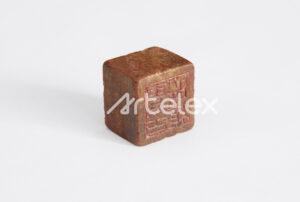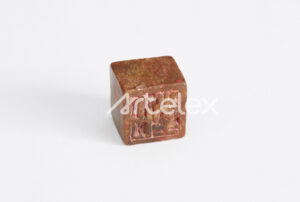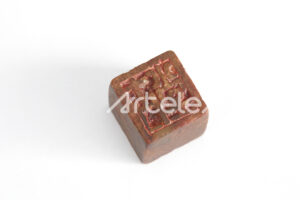Cho Man-sik (1883 – 1950) was a Korean independence activist, educator, and politician during the Japanese colonial period and after the liberation of Korea. He was often called the “Gandhi of Korea” for his nonviolent approach to the independence movement.
Cho Man-sik was born on February 1, 1883, in Gangseo County, Pyeongan Province. From a young age, he showed a strong passion for learning, studying both classical Chinese and Western subjects. He later went to the United States to study, where he developed his ideas of modernization and independence.
When Japan annexed Korea in 1910, Cho Man-sik became actively involved in the independence movement. He taught at Soongsil School in Pyongyang, where he worked to raise national consciousness through education. During the March 1st Movement in 1919, he participated as a representative in Pyongyang, advocating for nonviolent resistance. He led the “Buy Korean Goods Movement,” emphasizing economic self-reliance for Koreans and boosting national pride.
After Korea was liberated from Japanese rule, Cho Man-sik focused on finding a peaceful way to reunify North and South Korea. He founded the “Korean Democratic Party” and continued his activities in the North. However, as communist influence grew, his activities became increasingly restricted. In 1946, he was placed under house arrest by Soviet forces and was unable to continue his political work.
Even after the outbreak of the Korean War in 1950, Cho Man-sik remained opposed to communism. It is believed that he was executed by the North Korean communist regime during the war. His death is considered a significant tragedy in modern Korean history, and he is remembered as an independence activist and a proponent of nonviolent peace.
Cho Man-sik played a crucial role in Korea’s fight for independence and democracy, and he continues to inspire many people today.
Cho Man-sik’s seal likely featured his name “Cho Man-sik (曺晩植)” and his pen name “Godang (古堂).” Traditionally, Korean seals often included both the person’s name and their pen name or a symbolic phrase. “Godang” was the pen name used by Cho Man-sik, reflecting the values and principles he pursued throughout his life. Therefore, his seal probably had the characters “曺晩植” and “古堂” engraved on it.
This seal would have been used for signing important documents and leaving his mark on significant matters.



